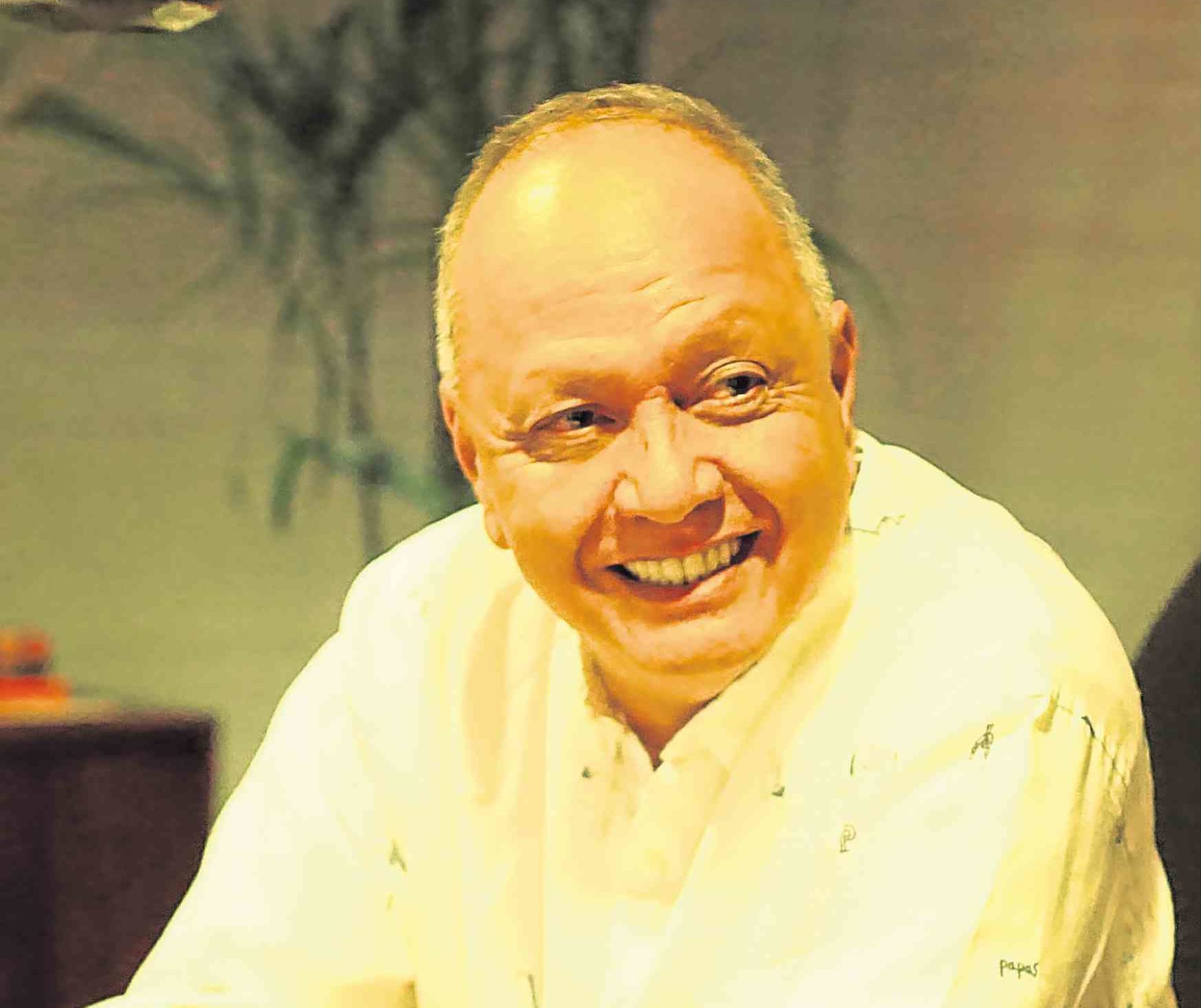On developing the Bistro Group brand of service
William Stelton is chair and CEO of The Bistro Group, a leading high-end casual dining restaurant chain that is celebrating its 25th anniversary this year.
The Bistro Group operates some 100 outlets nationwide, under such brands as TGI Fridays, Italianni’s, Denny’s, Texas Roadhouse, Watami, Baker & Cook, Red Lobster and Hard Rock Café.
Here, he talks about the importance of building and maintaining a positive service culture in service-driven enterprises like restaurants.
Q: You like to say that the reason why your group is one of the most successful high end casual restaurants is the service culture. What exactly is the Bistro Group service culture?
A: Service culture is only a result of a caring culture.
It starts with genuine interest in your people, in caring about their well-being, in being as giving as you can, even if their needs are no longer work-related.
Bistro’s service culture is like having a good relationship with your family and friends. It is not hierarchical, or me and their managers as the bosses, while they are my subordinates. Bosses are treated merely as firsts among equals, we try our best to make employees feel they are not subordinates but part of the team.
I wake up every morning with one question “What can I do to help someone today?” I find pleasure in helping others. There is nothing heroic here, giving is its own reward.
It also prevents others from getting into trouble, or getting into deeper trouble. I grew up like most of our employees with little money in the pocket.
But somehow, good fortune and the kindness of others helped me achieve a better life.
Q: In terms of service culture, how do you get everyone on the same page about service that delights customers? Is there a process to it?
A: The interrelatedness of so many elements in harmony like recruitment, screening, training, team building, role modeling, empowerment, coordination meetings, rewards and many others are keys to delight customers.
First, we hire people who have pleasing personalities. Customers simply won’t return if they don’t like what they see and feel. I started my casual dining business with TGI Fridays and they are the best in training. We like to hire people with a “Fridays” personality—people who smile a lot, have a lot of fun, a caring attitude, are sensitive to the needs of others, but not sensitive to comments or criticism. All front liners must have this standard.
Then, we share our expectations and teach newcomers to be observant.
After a month of training, our newcomers continue to learn by watching their peers on the job.
They will see them picking up napkins or anything dropped, or reminding customers they forgot to close their bags, etc.
We do not just preach, we do tasks ourselves and newcomers become witnesses to how their role models work.
Q: What do you look for before giving the go-ahead for a new venture?
A: First, I must like the feel when I enter and stay in a restaurant.
When I entered TGI Fridays in the United States, I felt the “electricity” immediately, so I decided to bring it to the Philippines in 1994. It was the single most expensive restaurant in the Philippines at the time.
Budgeted at P35 million but the actual cost went up to P63 million because I was given a 1,000 square-meter restaurant in Glorietta, which became the biggest TGI Fridays in the world at that time.
While my board was unhappy about being overbudget, we paid back all investment in about 18 months.
Because of the success of Fridays, other major brands started coming to us to offer us their franchise.
Second, I must like their food. Food is the first reason why we go to a restaurant so it must be delicious.
Third, I must be able to find a differentiation. In the case of TGI Fridays, the energy and the memorabilia mattered a lot initially.
Fourth, I travel overseas and attend international conferences a lot, so it must be within the trends expected.
Fifth, a known international brand does not guarantee local success. We bring a lot to the table. Foreign franchisors need to be reasonable and willing to be flexible. They must be good listeners. They should ensure their franchisees will be profitable and agree to allow some adjustments to conform to local taste. Some demand for high, unreasonable franchise and royalty fees or ask us to commit to build unreasonable number of stores. We normally negotiate everything to what will be reasonable to make a profit. If the first store makes money, we will continue building. The more profitable they become, the faster we build.
Finally, a return of investment of three years is good. Initially, a return of 18 months to 24 months was the norm. With the advent of competition, three- to four-year payback is acceptable.
If you have to continuously put out money after a restaurant opens, in all probability, the brand is unacceptable to the public. It is better to close and change the concept. —CONTRIBUTED
Josiah Go is chair and chief innovation strategist of Mansmith and Fielders Inc. To read the full transcript, as well as his interviews with other thought leaders, follow him at www.josiahgo.com.

